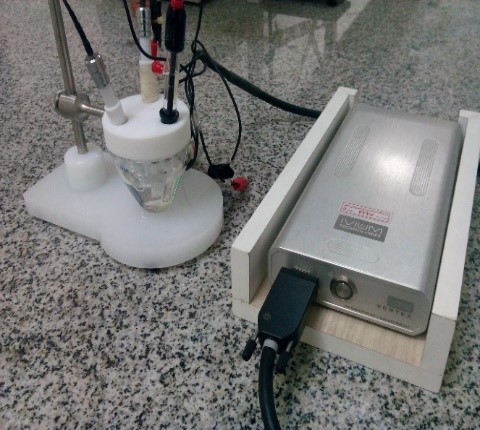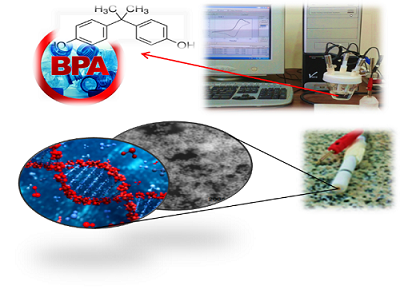Biosensors
A brief introduction to biosensors:
An electrochemical biosensor is an integrated device that provides analytical information, either quantitative or semiquantitative, using a biorecognition strategy involving:
1. A bioreceptor
2. A transducer
The bioreceptor is a biomolecule that binds specifically to the analyte of interest. The transducer translates the binding event into detectable and measurable signals, which can be a reporter or a detector. The bioreceptor can be made up of proteins, antibodies, aptamers or peptides. There are many potential applications of biosensors of various types. The main requirements for a biosensor approach to be valuable in terms of research and commercial applications are the identification of a target molecule, availability of a suitable biological recognition element, and the potential for disposable portable detection systems to be preferred to sensitive laboratory-based techniques in some situations. Nowadays, glucose biosensors are the most common types of biosensors capable of monitoring blood glucose.

The latest efforts done in biosensor field:
1. Fabricating an ethanol biosensor by using oxidize alcohol
2. Developing an MFC-based lable free DNA biosensor
3. Constructing a Bisphenol -A biosensor based on DNA modified electrode
4. Fabrication of a Curcumin biosensor
